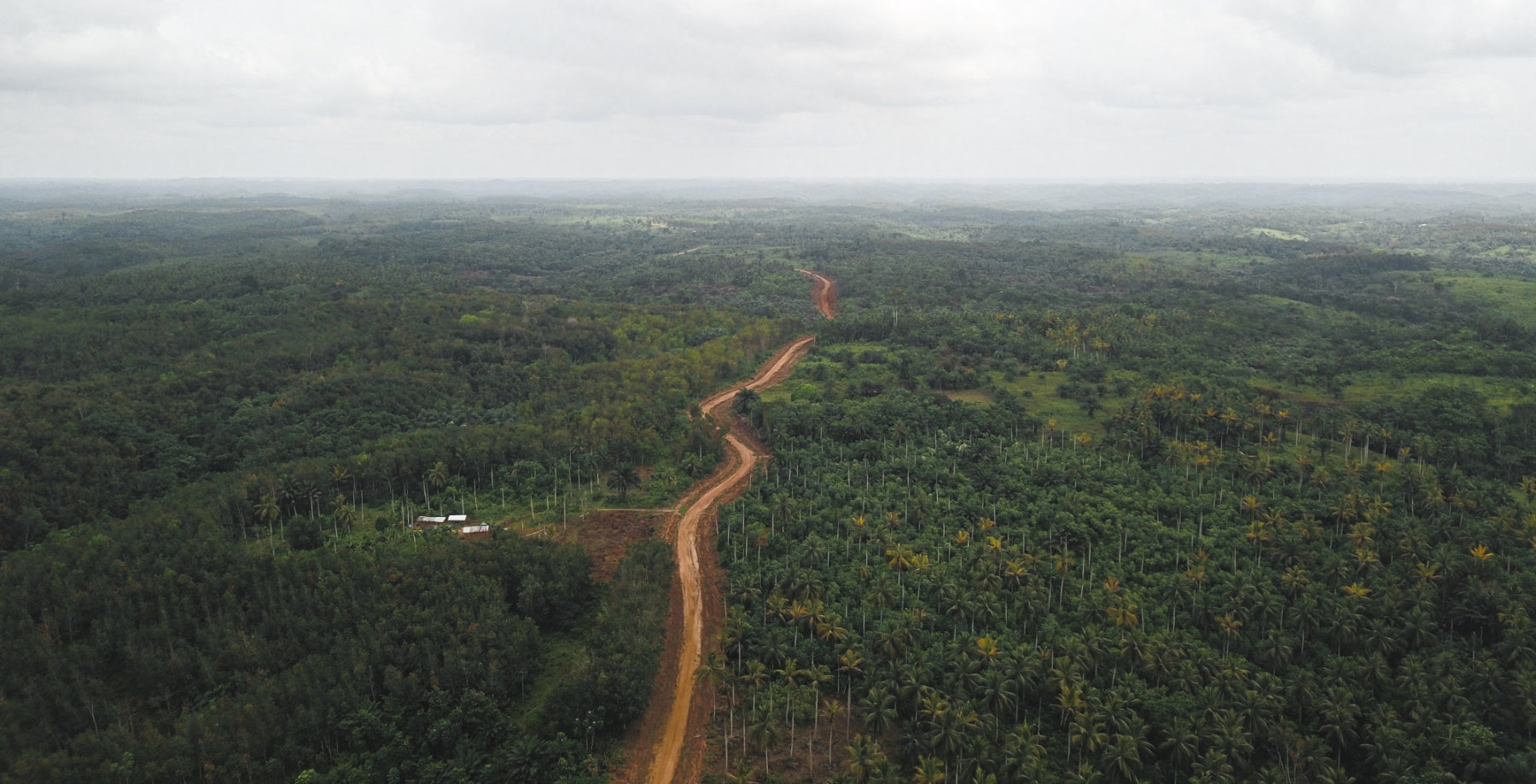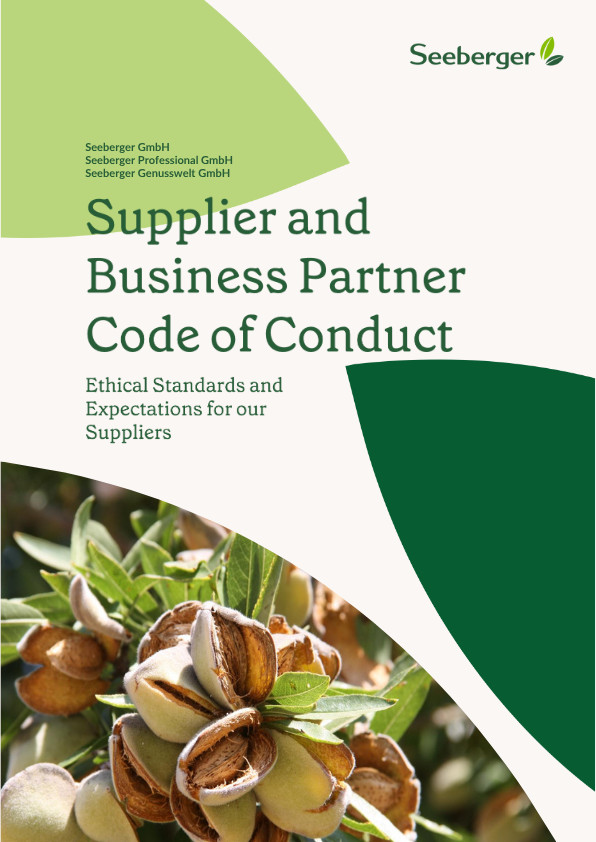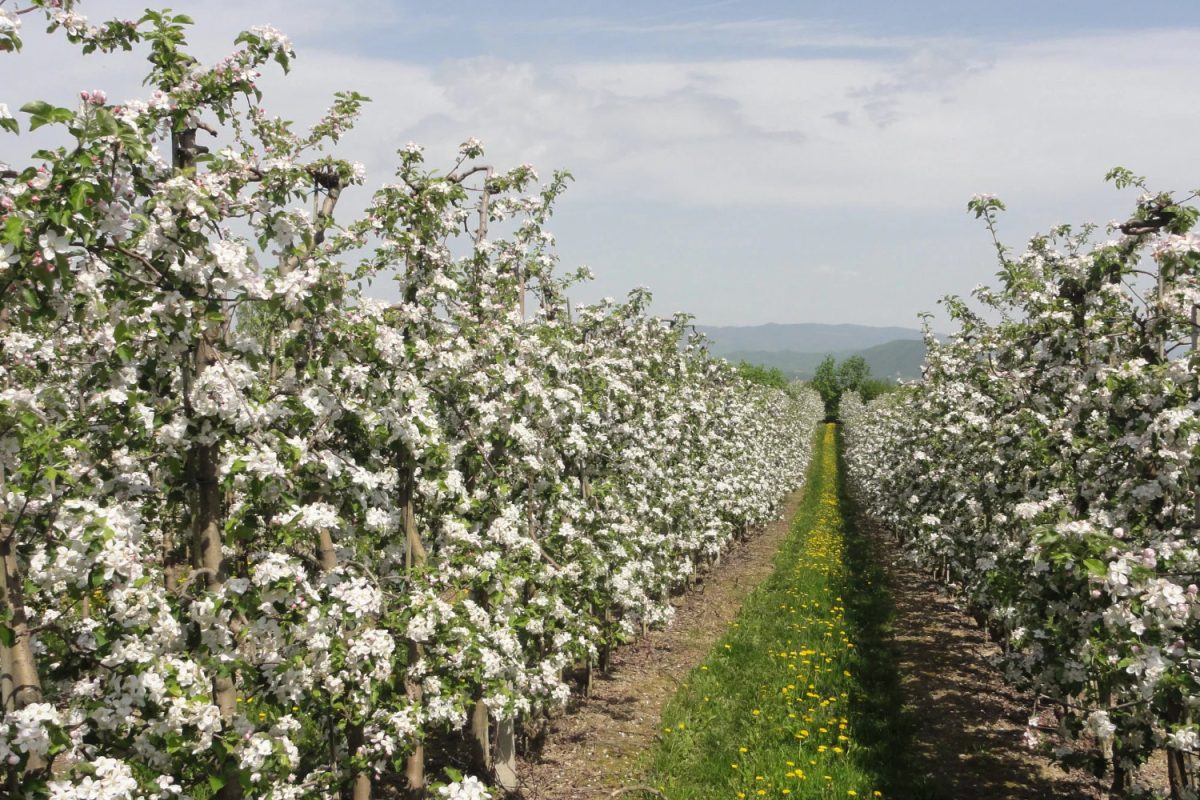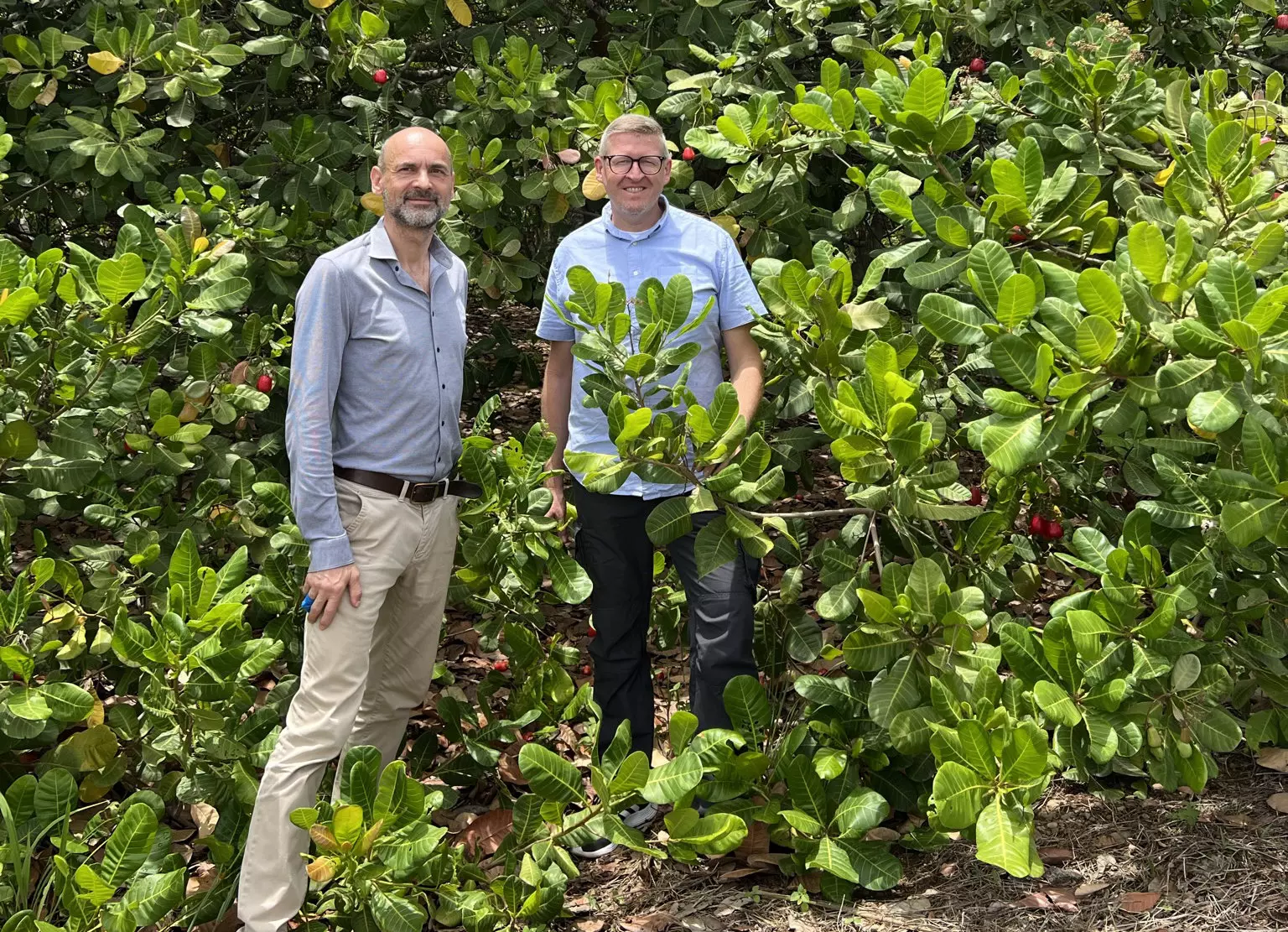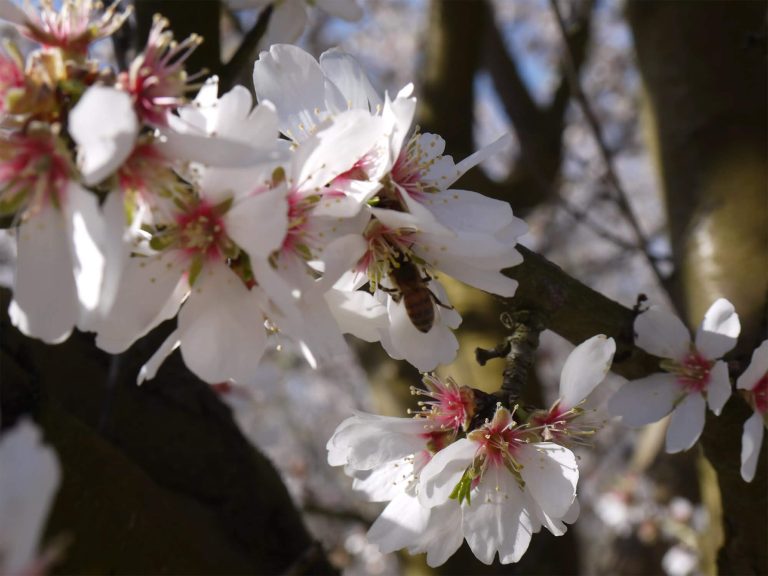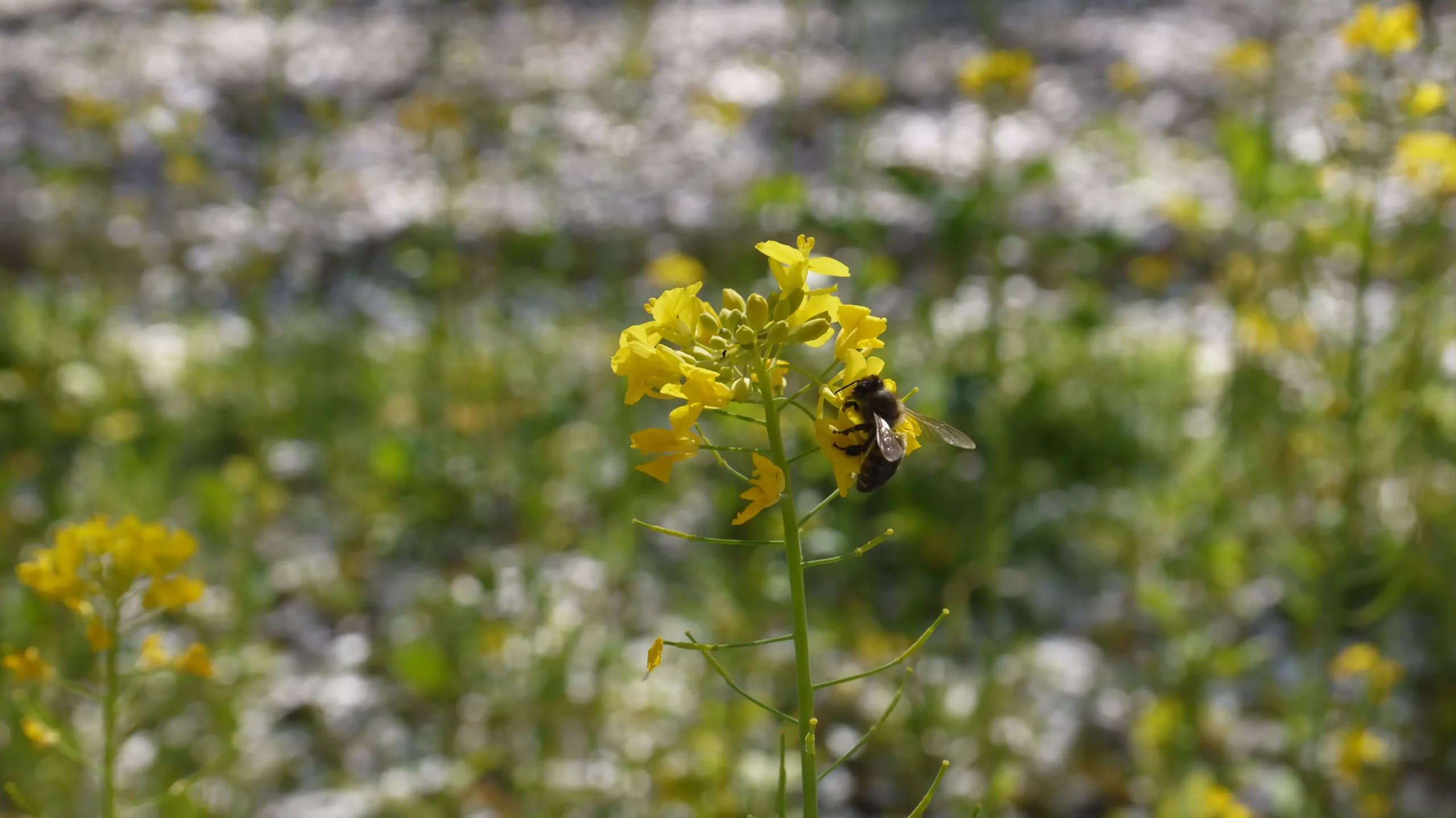Corporate supply chain responsibility at Seeberger
Taking responsibility, fair partnerships and respect for people and nature are firmly embedded in our corporate values. We want to keep a close eye on every nut, every fruit and every coffee bean on its way from the source to Ulm. A principle we’ve been following for more than 175 years. That’s how we make sure that our products are produced in compliance with human rights and environmental protection.
The Supply Chain Due Diligence Act (LkSG) was passed in Germany in June 2021. It requires companies to consider their supply chains in terms of human rights and environmental risk factors and to address any violations. From 2023, the LkSG applies to companies with at least 3,000 employees. It will also apply to companies with at least 1,000 employees within Germany from 2024.
At Seeberger, we believe that companies should take responsibility for their supply chain regardless of their size or the legal requirements.

